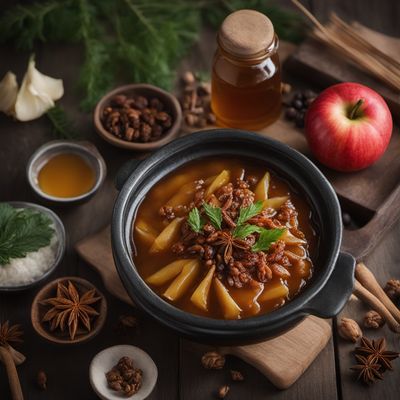
Ingredient
African locust bean (with pods)
The African Umami
African locust bean is a legume that grows in long, twisted pods. The seeds inside the pods are fermented and then used in cooking. It has a strong, pungent aroma and a rich, earthy flavor with hints of bitterness. The texture is firm and slightly chewy, while the pods are tough and fibrous.
Origins and history
African locust bean has been used in West African cuisine for centuries and is an integral part of the region's culinary heritage. It is believed to have originated in Nigeria and is commonly used in dishes like soups, stews, and sauces.
Nutritional information
African locust bean is a good source of protein, fiber, and essential minerals such as iron and calcium. It is also rich in antioxidants.
Allergens
There are no known allergens associated with African locust bean.
How to select
When selecting African locust bean, choose pods that are intact and free from mold or signs of damage. The pods should be firm and heavy for their size. Avoid pods that are overly dry or have a strong, unpleasant odor.
Storage recommendations
To store African locust bean, keep the pods in a cool, dry place away from moisture. Once the seeds are removed from the pods, store them in an airtight container in a cool, dark place.
How to produce
African locust bean can be produced by fermenting the seeds inside the pods. The fermentation process can take several days to weeks, depending on the desired flavor intensity. After fermentation, the seeds are removed from the pods and dried before use.
Preparation tips
African locust bean is typically used in traditional West African dishes such as egusi soup, ogbono soup, and ewedu soup. It can also be added to stews, sauces, and marinades to enhance the flavor.
Availability
African locust bean is commonly available and cultivated in West African countries such as Nigeria, Ghana, and Cameroon.
More ingredients from this category » Browse all

Soyabeans (with pods)
The Mighty Legume: Exploring Soyabeans (with Pods)

Yardlong beans (with pods)
The Versatile Veggie: Exploring Yardlong Beans

Sword bean (young pods)
The Versatile Bean of the Tropics
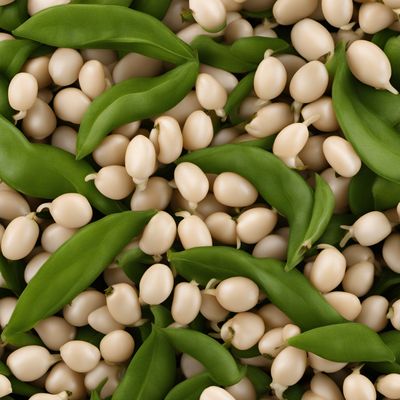
Black eyed peas (with pods)
The Versatile Delight: Exploring the World of Black Eyed Peas with Pods

Stink beans (with pods)
The Pungent Delicacy: Stink Beans

Mat bean (young pods)
The Green Gems of Legumes
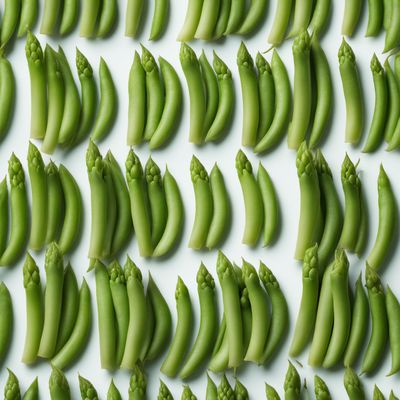
Goa bean (young pods)
The Green Delight: Exploring the Versatility of Goa Bean Pods
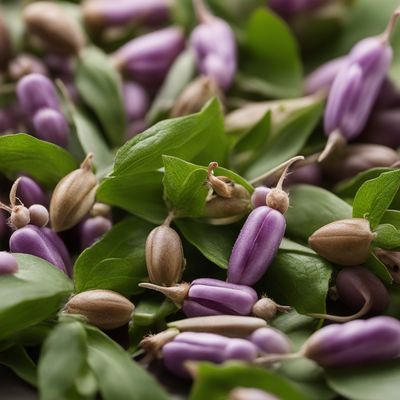
Monantha vetches (with pods)
The Podded Delight

Vetches (with pods)
The Versatile Vetches: Pods Packed with Potential
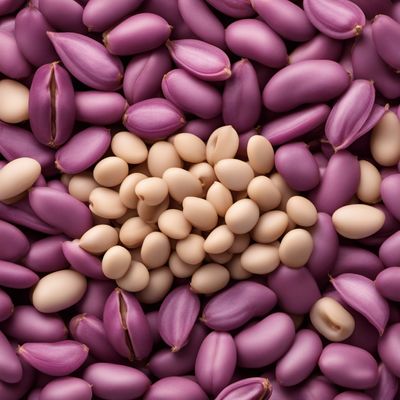
Lablab beans (with pods)
The Versatile and Nutritious Lablab Beans: A Pod of Health and Flavor
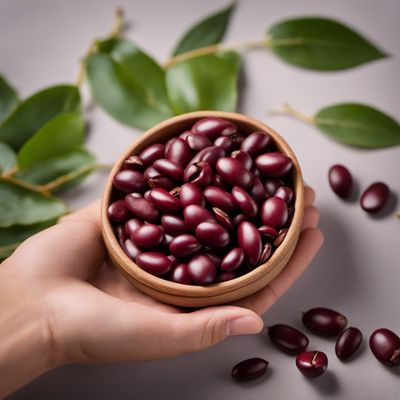
Azuki beans (with pods)
The Versatile Azuki: A Nutrient-Packed Legume with a Crunch

Jack beans (with pods)
The Versatile Legume: Jack Beans with Pods


